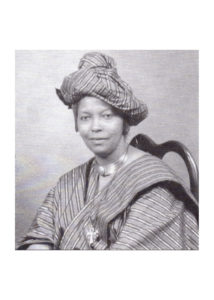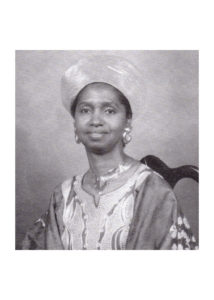

Women of Achievement
1990
INITIATIVE
for a woman who seized the
opportunity to use her talents and created her own future:
Elaine Lee Turner and Joan Lee Nelson
Late one night in 1983, Elaine Lee Turner and Joan Lee-Nelson sat up discussing the fact that African-American children in Memphis did not know their own history. For these two women, who were intensely aware of their own family’s trail five generations from the slave ship, that problem demanded a solution. They decided they could show children their roots. Within a matter of months, Heritage Tours was a reality.
First they took their idea to various local funding sources, all of which turned them down. Not to be defeated, the women invested their own savings. Joan resigned her position as a job counselor with the City of Memphis; Elaine, a former teacher, reentered the professional world. With a little money and a lot of energy, the two women started the first African-American-owned tour company in the state. Their mission: to discover, chronicle and share the past of the Mid-South’s African-American community.
The sisters grew up in North Memphis hearing their mother, the family historian, tell of her father who was a boy when the slaves were freed. In 1965, Jet magazine named the 14-member Lee clan “the most arrested civil rights family in America.” “We participated because our heritage had been instilled in us,” Elaine said. Said Joan, “We are letting young people know what had to be done to get them where they are now.”
Taking the initiative is not new to these sisters. Elaine and Joan took the lead in organizing the Ida B. Wells Society and helped rally national recognition of Wells’ struggle for racial justice. Their work has won them awards, including the Shelby County Historical Commission’s Robert R. Church Award in 1989 for outstanding contribution in researching and presenting black historical heritage to national and international travelers. Indeed, much of their work involves collecting information through original research that otherwise would have been lost. Their interviews have turned up so much information that they plan a book.
“You have nothing to hold onto without your history,” said Joan, explaining the initiative they took. “You don’t know who you are. You don’t know where you are. You can’t envision the future … We see children’s eyes light up, knowing, ‘I’ve got a future.’”

